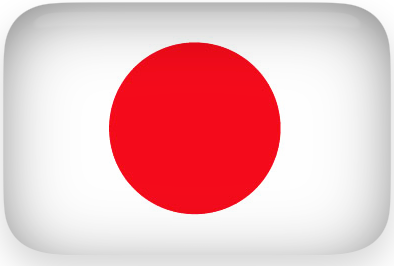Dr. Kazuhiko Asai, a Japanese chemist and researcher, is best known for his pioneering work in the field of organic germanium. His contributions to the understanding and application of organic germanium have had a significant impact on various areas of science and medicine.
Organic germanium is a compound that contains the element germanium bonded to carbon atoms. Initially, germanium was primarily used in the electronics industry due to its unique electrical properties. However, Dr. Asai saw the potential of organic germanium as a health-promoting substance and devoted his efforts to exploring its therapeutic benefits.
One of the most significant aspects of Dr. Asai’s research was his discovery that organic germanium could enhance the body’s immune system. He observed that when organic germanium was introduced into the body, it stimulated the production of interferon, a substance that plays a crucial role in the body’s defense against viruses and bacterial infections. This finding opened up a new avenue for the treatment of various diseases by modulating the immune response.
Dr. Asai also demonstrated that organic germanium possesses antioxidant properties. Oxidative stress, caused by an imbalance between the production of free radicals and the body’s ability to neutralize them, is implicated in many chronic diseases, including cancer, cardiovascular disorders, and neurodegenerative conditions. By neutralizing free radicals, organic germanium can help reduce the oxidative stress that contributes to these diseases.
Furthermore, Dr. Asai’s research showed that organic germanium has anti-inflammatory effects. Inflammation is a natural response of the body to injury or infection, but chronic inflammation can lead to the development of various diseases. Organic germanium has been found to inhibit the production of inflammatory molecules and suppress the activity of pro-inflammatory cells, thereby reducing chronic inflammation.
One of the remarkable applications of organic germanium discovered by Dr. Asai was its potential in cancer treatment. He observed that organic germanium selectively inhibited the growth of cancer cells without harming healthy cells, making it an attractive candidate for chemotherapy. Additionally, organic germanium enhanced the effectiveness of conventional cancer treatments, such as radiation and chemotherapy, by increasing the sensitivity of cancer cells to these therapies.
Dr. Asai also noted the positive impact of organic germanium on overall health and well-being. He found that it can improve circulation, normalize blood pressure, and increase oxygen levels in the body. These effects are particularly beneficial for individuals with cardiovascular conditions or those who wish to enhance their athletic performance.
While organic germanium has shown immense promise in various applications, it is important to note that its safety and efficacy are still subjects of ongoing research. Several studies have reported conflicting results, and more rigorous clinical trials are needed to fully understand its potential and establish appropriate dosages.
Dr. Kazuhiko Asai’s groundbreaking work on organic germanium has undoubtedly contributed to our understanding of its therapeutic properties. His research has shed light on its immune-stimulating, antioxidant, anti-inflammatory, and potential anti-cancer effects. Dr. Asai’s discoveries have opened up exciting possibilities for the development of novel treatments and therapies in the fields of medicine and health. As scientists continue to build upon his work, we can hope to see further advancements in our quest for improved health and wellbeing.
